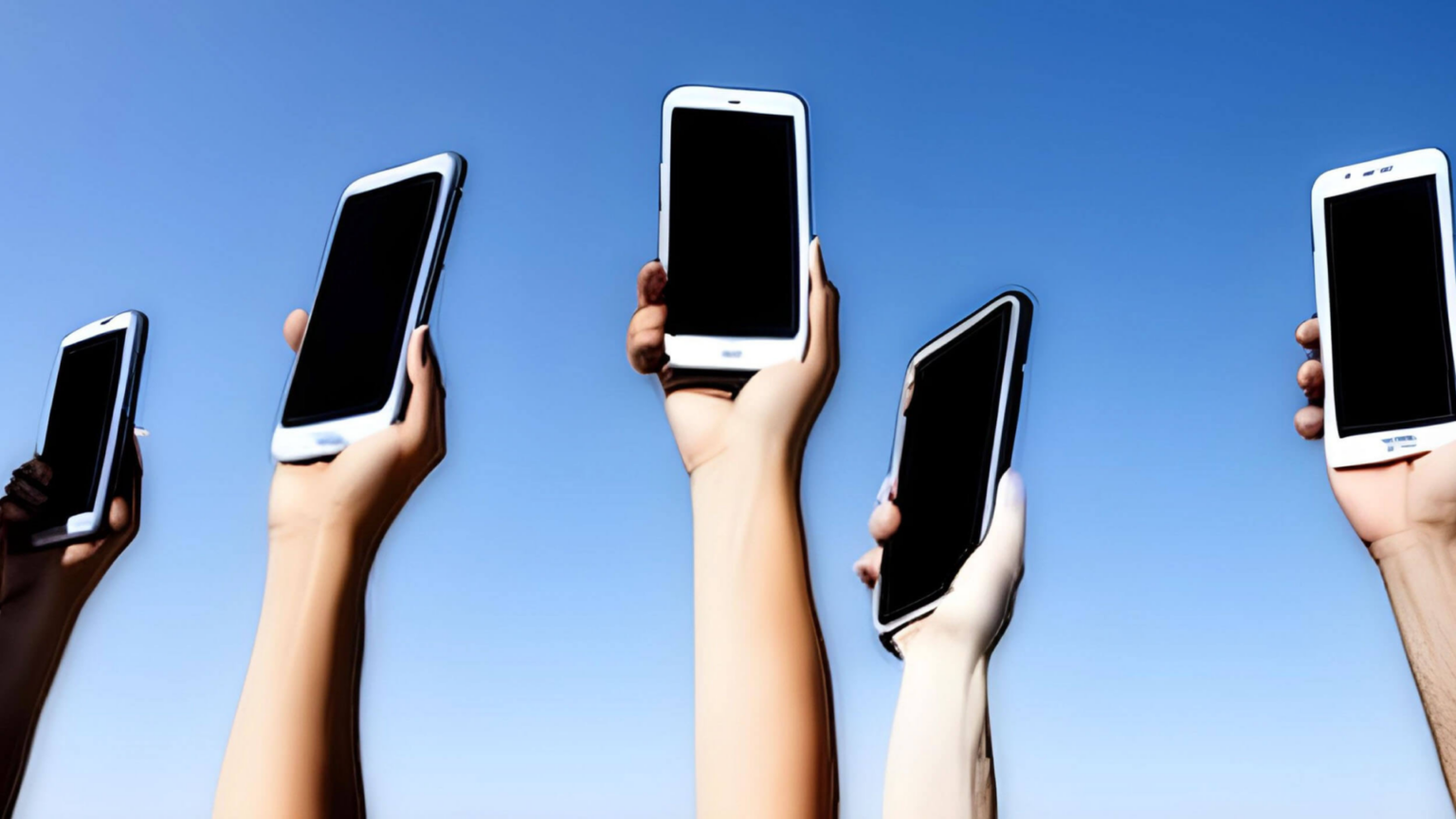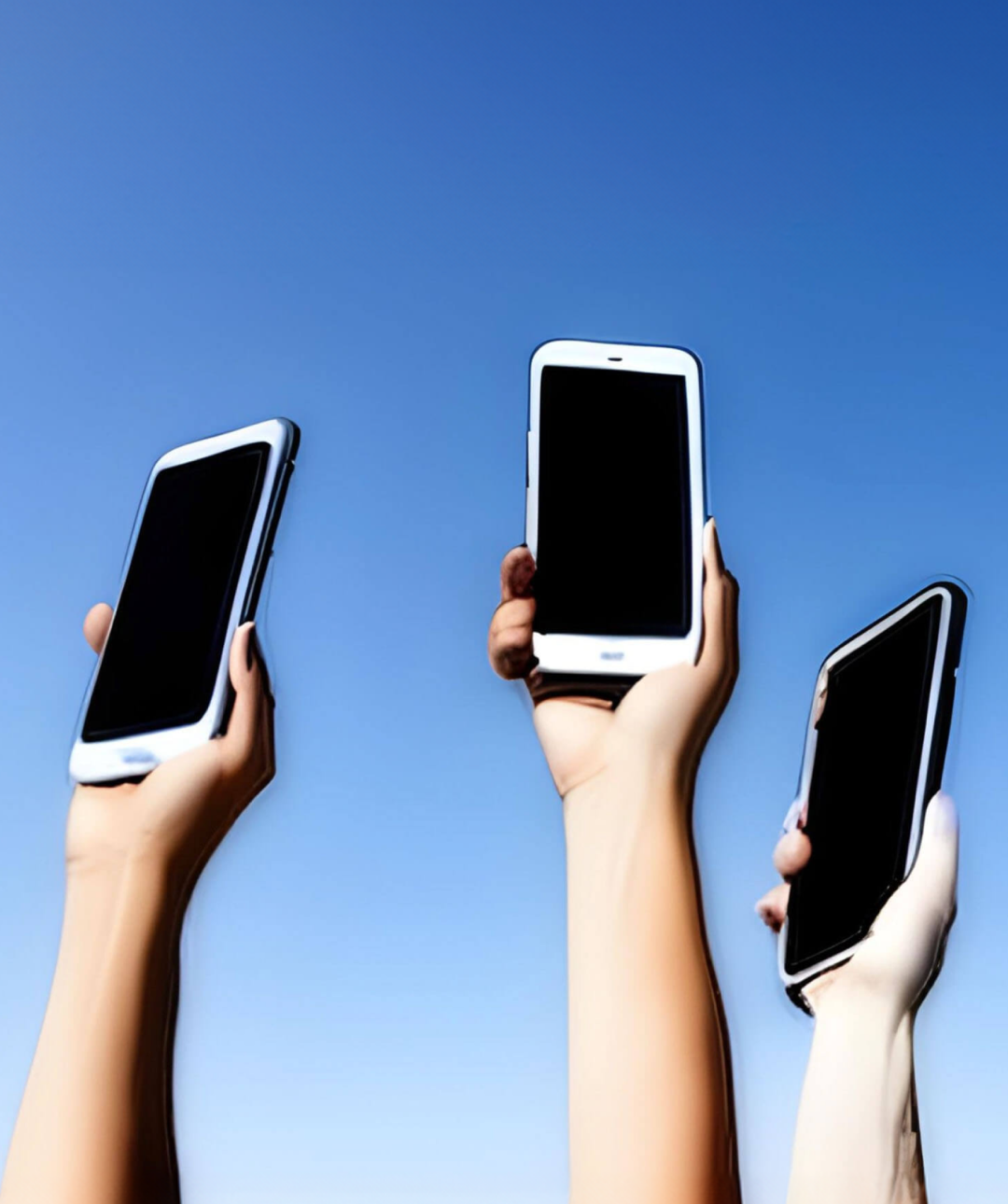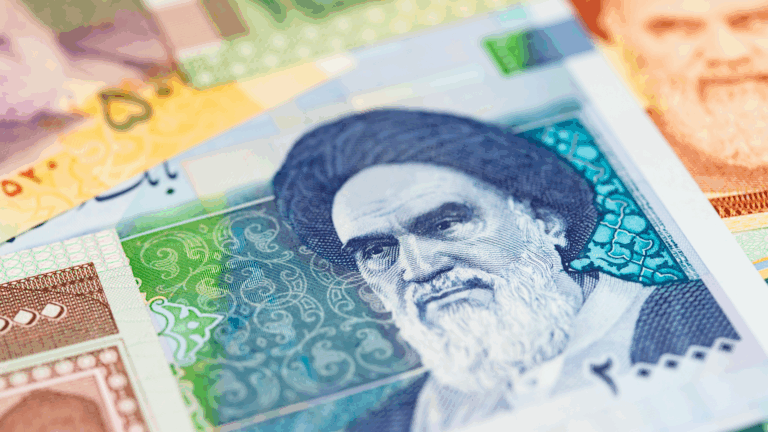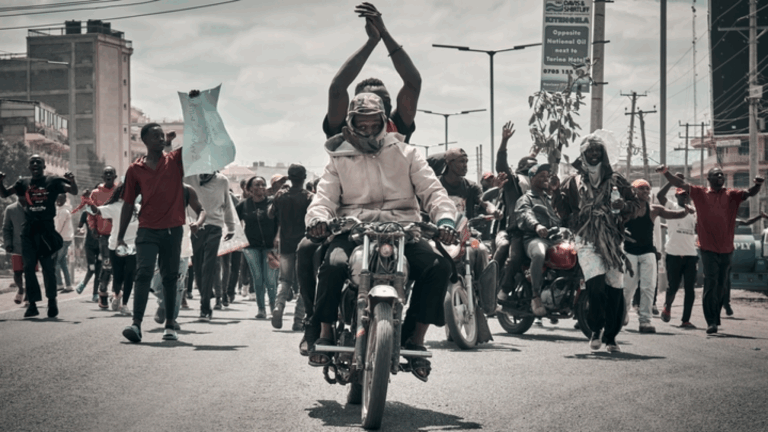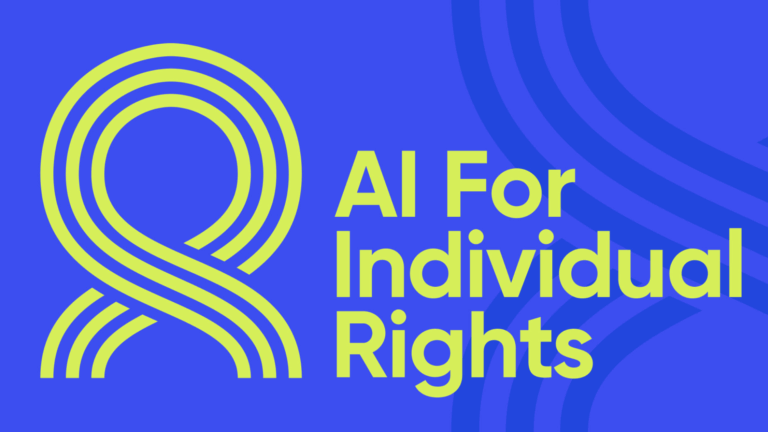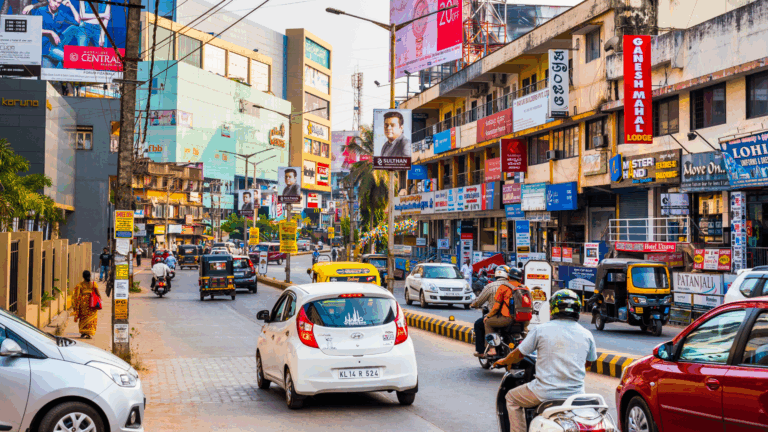By Kristen Anna, Claudia Bennett, Felicity Salina, Hannah Van Dijcke
After news broke that a young Egyptian, Khaled Saeed, had been tortured and killed by police in June 2010, Wael Ghonim created the Facebook page, “We are all Khaled Saeed.”
The Facebook page quickly became the most followed page in the Arab World, with hundreds of thousands of people using it to share stories and speak out against the Egyptian regime. Ghonim’s post calling on people to take to the streets on Jan. 25, 2011, reached more than a million people. When the day arrived, thousands flooded the streets in cities across Egypt, demanding change and freedom as part of the Arab Spring protests across the region.
Ghonim’s Facebook page sparked the 2011 Egyptian revolution, ending the 30-year repressive rule of Hosni Mubarak in a matter of days. Today, more than a decade later, social media continues to be an essential tool for activists in authoritarian regimes worldwide. Social media has the extraordinary power to unite, organize, and mobilize the masses.
From the Iranian revolution unfolding today, to the 2019 Hong Kong protests to the July 2021 Cuban protests and to the 2020 #EndSARS protests in Nigeria, social media is key for those standing up against authoritarian regimes.
Informing the Global Community
In Iran today, the use of social media to garner support, organize protests, and expose violence is akin to the Arab Spring.
The women-led Iranian revolution has shown that social media is one of the only ways — if not the only way — to know the atrocities happening on the ground. Most of the information the world has from the protests is from social media, as the Iranian media is severely controlled and international journalists are mostly prohibited from entering Iran. Without social media, the global public wouldn’t know half the number of protesters arrested, detained, or killed.
Arguably more important, Iranians organizing the protests and mobilizing the country need social media to communicate, motivate others to join, vocalize demands, and defy the regime. Those in Iran risking their lives are using social media to rally the world around them, to ensure the world knows what atrocities are taking place.
Building Protest Movements
Social media was used in Hong Kong to raise international attention to what was happening in 2019. Former OFF speaker Anna Kwok and others crowdfunded millions of dollarsto post full-page advertisements in prominent newspapers across the world, calling attention to the protests against a bill that would allow the extradition of Hong Kongers to China.
During the protests, social media helped organize the decentralized, leaderless protests, allowing the protesters to flow like water through the city, constantly popping up in different locations over a period of months.
A group of anonymous volunteers used social media platforms, like Telegram and LIKHG, to coordinate the time and place of the protests and to share important safety information with protesters. One of those volunteers was Kwok. From the United States, Kwok monitored real-life police locations by simultaneously watching nine protest videos and helping protestors avoid arrests. The volunteers shared anything on social media, from tips on dousing tear gas canisters fired by the police to access codes to buildings in Hong Kong where protesters could hide. As a result, protesters popped up here, there, and everywhere, enabling them to continue for months.
Social media played a similar role in the 2021 Cuban protests. Facebook quickly became the most popular platform in Cuba after the regime eased Internet restrictions in 2019. Not two years later, Cubans — now more connected than ever — began protesting across the country to demand better living conditions and freedoms. Using Facebook and other apps, Cubans informed each other of protests across locations nationwide, leading to the largest pro-democracy demonstrations in the country since the 1990s.
The Cuban regime responded with Internet shutdowns and arbitrary detainment of protesters, many of whom remain imprisoned today. The regime’s brutal response showed how threatened it was by the protests and the power of social media to mobilize the population. The protests also sparked discussions by US officials to consider supplying Internet access to Cubans, showing the importance of social media as a formidable tool to combat oppression.
Revealing Regime Atrocities
In the 2020 #EndSARS protests, social media was used as a tool to reveal the atrocities. The #EndSARS movement in Nigeria organized mass protests sparked by increased police brutality and extrajudicial killings in the country, particularly by the Special Anti-Robbery Squad (SARS). Former OFF speaker DJ Switch was at the #EndSARS protests in Lagos when the military opened fire at protesters. Witnesses say at least 15 people were killed; 40 protesters are still arbitrarily detained at the time of writing. In a gut reaction, DJ Switch live-streamed the violence on Instagram to ensure the violence was documented. She knew the regime would attempt to cover up and deny they used violence against the protesters, so she took to social media to guarantee that the world would see what took place.
To no one’s surprise, DJ Switch was right. The Nigerian regime attempted to cover up what happened and, to this day, has never officially recognized that the shooting even occurred. DJ Switch’s Instagram footage is crucial. It indisputably shows the regime responded with violence.
DJ Switch’s actions prove that social media can hold dictators accountable and amplify their voices when human rights violations occur.
A More Activist-Friendly Social Media
During the Arab Spring, social media had a direct role in toppling tyrants. The Arab Spring inspired hope for democratic change. In 2011, Wael Ghonim declared, “If you want to liberate a society, all you need is the Internet.”
Years later, Ghonim admitted he had been overly optimistic. Soon after, Facebook sparked a revolution in Egypt, the Egyptian regime took to social media and turned it into a toxic battleground rife with disinformation and hate speech. This has only gotten worse since the Arab Spring. With their endless resources, authoritarian regimes can use social media to target dissidents and spread misinformation to control the narrative.
Despite that, social media remains a formidable tool of activism. When it doesn’t overthrow a dictator, it amplifies calls for liberation. When it’s not doing that, it helps people chronicle their plight. Without social media, no one outside of Iran would know of the brave Iranians protesting the regime after Masha Amini’s death. The 2019 Hong Kong protests would not have lasted for months on end. Cubans couldn’t have as easily stood up against the regime in 2021. And no one could challenge the false narrative of the Nigerian government following the murder of protestors by SARS.
To ensure activists can continue to use social media to advocate for their cause, the platforms themselves must do more to limit the reach of authoritarian regimes and amplify activists’ voices. That way, social media can again become a trusted forum for activists to share, document, and mobilize.


